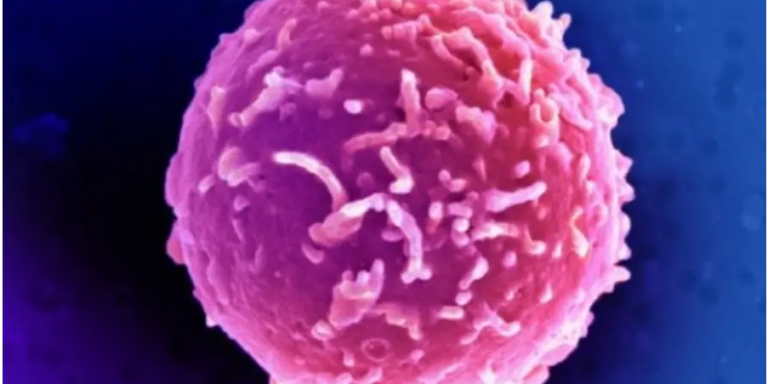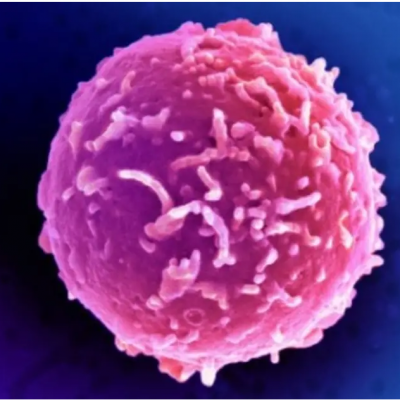ISRAELI TEAM DISCOVERS CARDIAC ARRHYTHMIA-CAUSING GENE
“The mostly night-time atrial fibrillation was shown to be caused by a mutation in a gene (KCND2), encoding a crucial component of a potassium ion channel (Kv4.2) in the heart."
A team of researchers at Ben-Gurion University is en route to discovering medical therapy to treat atrial fibrillation (AF) that occurs at rest, relaxation or sleep.
AF is a type of arrhythmia or abnormal/irregular heart rhythm, explained Prof. Amos Katz, dean of the Faculty of Health Sciences at BGU. It occurs when electrical impulses fire off from different places in the top chambers of the heart (atria), in a disorganized way.
In general, although AF is common, its causes are not fully known and that makes the present treatments only partially effective, a release by the university said. But genetic studies started by Katz on three generations of a Jewish family of Iranian descent have identified a previously unknown mechanism for the disease: a genetic mutation.
“The mostly night-time atrial fibrillation was shown to be caused by a mutation in a gene (KCND2), encoding a crucial component of a potassium ion channel (Kv4.2) in the heart,” the release said. This is the first time a gene has been associated with night-time atrial fibrillation.
Katz began treating the family grandmother many years ago for night-time AF. Then he started seeing her male and female children, and finally their offspring. He told The Jerusalem Post that generally AF affects older people, between the ages of 60 and 80. But in this family, members of the family were experiencing night-time AF at ages as young as 20.
“I saw that it was a situation of autosomal dominance,” Katz said - a pattern of inheritance characteristic of some genetic diseases. “About 50% of the family members had the ailment.
The family agreed to be tested and monitored by Prof. Ohad Birk’s research group at the Morris Kahn Laboratory of Human Genetics at BGU and Soroka University Medical Center’s Genetic Institute and its Naomi Fisher-Bartnoff Genetic Counseling Unit, through which the gene was discovered.
Max Drabkin, an MD-PhD student in Birk’s lab, discovered the gene and showed that the abnormal electrical activity associated with its mutation was caused by excessive activity of the ion channel encoded by this gene, Birk said.
Now, the research team, within the National Institute for Biotechnology in the Negev (NIBN) and the Faculty of Health Sciences on BGU’s campus, is in the preliminary stages of developing an anti-arrhythmia medication, based on the findings.
“Combining genetic studies with frog oocyte and mutant mouse analyses, our research group demonstrated that the mutation increases conductivity of the channel, thus greatly enhancing predilection to atrial fibrillation,” Birk explained. “This ion channel is unique in that it is expressed specifically in the cardiac atria, and has circadian rhythm: It is expressed at significantly higher levels during the night-time, explaining why its mutation causes atrial fibrillation specifically at night.”
In the future, people who suffer from night-time AF may benefit from medications developed to treat people who carry a mutation in this gene, Katz said. This is what is known as precision medicine, treating patients based on a genetic understanding of their disease.
Arrhythmia can cause stroke or heart failure, he continued, although it is not immediately life-threatening.



























